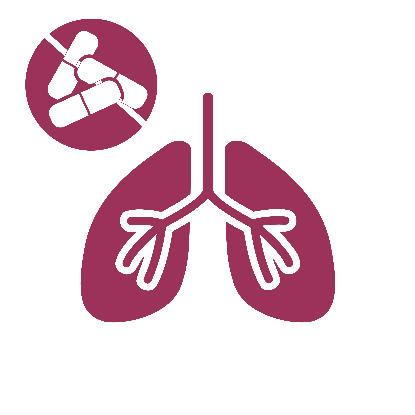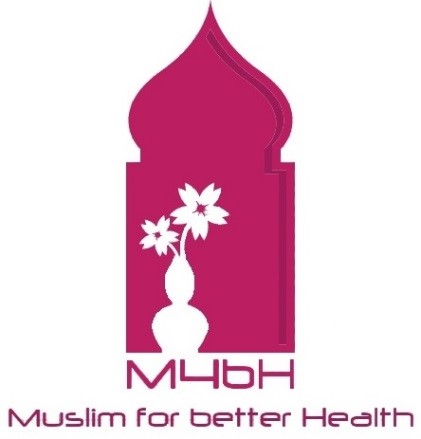The Women Friendly Hospital Initiative (WFHI) was launched in Bangladesh in 1998 with the goal of improving the quality of healthcare and addressing the needs of women during pregnancy, childbirth, and postpartum. The initiative aimed to reduce maternal mortality, fight against violence, and eliminate discrimination against women. It focuses on creating environment for women to be treated with respect and have access to quality care.
Key stakeholders at the national level include various wings of the Ministry of Health and Family Welfare (MOHFW), the Directorate General of Health Services (DGHS), and the Directorate General of Nursing and Midwifery (DGNM). At the local level, hospital staff, including superintendents, medical officers, consultants, nursing supervisors, and other healthcare providers, were involved.
The WFHI accreditation process involved a visit by the OGSB team and the Hospital Services Management operational plan (HSM OP) team for two to three days. The accreditation was valid for two years and is a continuous process. Baseline assessments and action plans are prepared to meet the accreditation requirements.
Challenges include limited physical space, shortages of healthcare providers, and logistics constraints. A study found vacancies for physicians ranging from 22% to 75% and nurses from 2% to 58% in selected district hospitals. Bed occupancy rates exceeded capacity, making logistics, including medicine, unavailable.
Expediting the accreditation process for the planned 20 district hospitals and seeking technical assistance from organisations like UNICEF was suggested. It recommends resolving physical space constraints through repairs and renovations, addressing shortages of healthcare providers through engagement with relevant authorities, and resolving logistics constraints, including medicine availability, through coordination with superintendents and the MOHFW. To expand the WFHI, it proposed institutionalising the initiative within the DGHS and establishing a dedicated unit/cell for implementation and monitoring.
Allocating separate funds for WFHI in the budget and promoting local resource mobilisation were also suggested.
Funding Agency: Ministry of Health and Family Welfare (MOHFW)
Sponsor: Gender, NGO, Stakeholder Participation (GNSP), Health Economics Unit (HEU), Health Services Division
Duration: January – June, 2020



